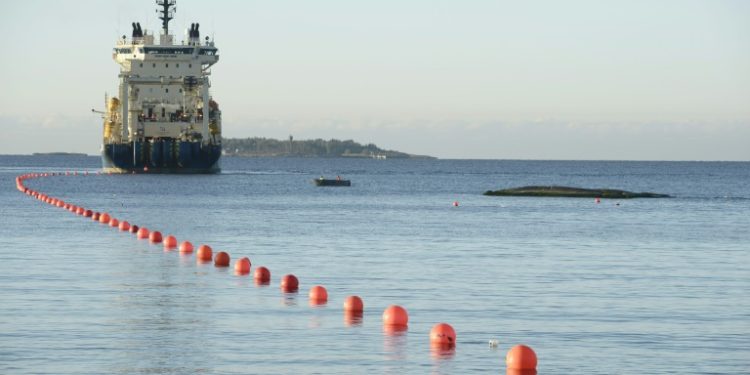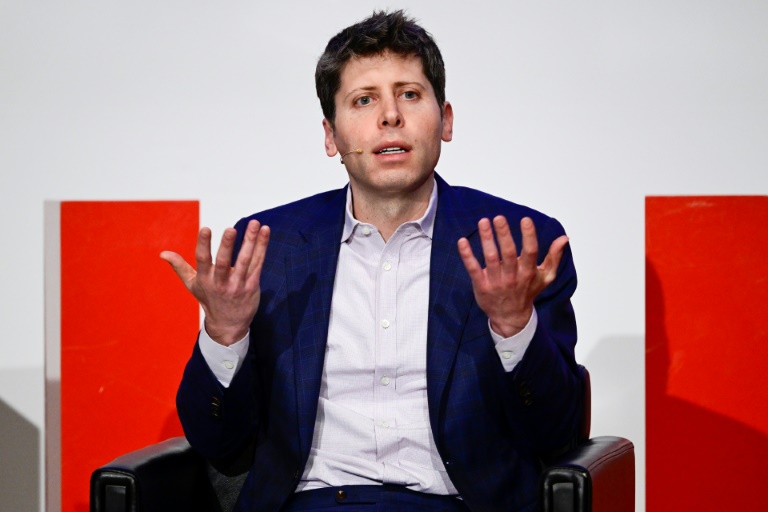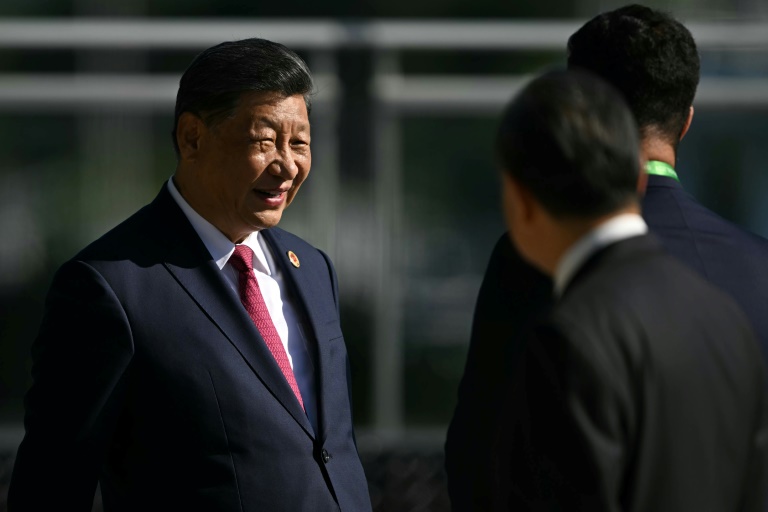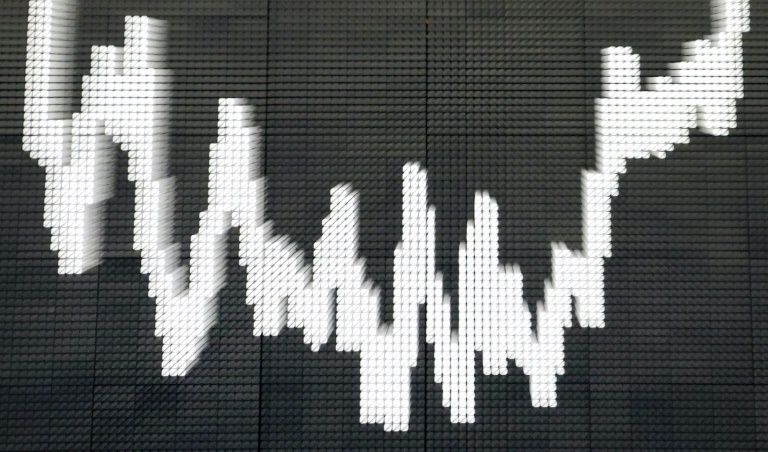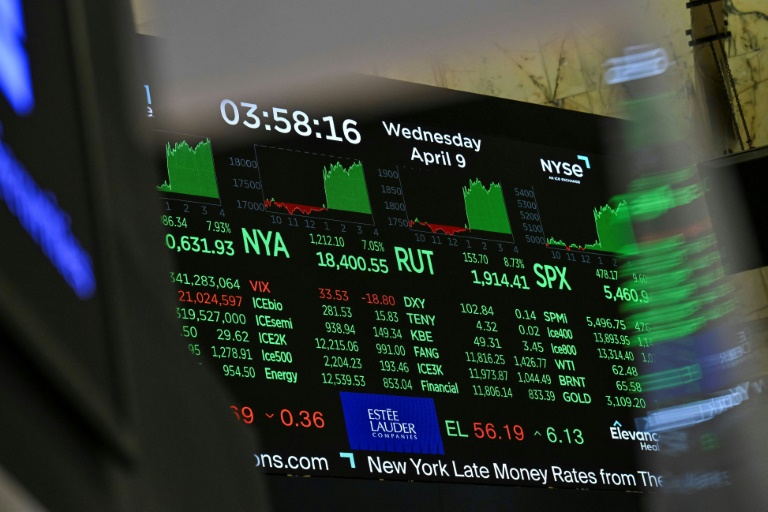Berlin (AFP) – Germany and Finland launched a probe Monday after an undersea cable linking the countries was severed, warning of the threat of “hybrid warfare” amid heightened tensions with Russia. The countries’ foreign ministers said in a joint statement they were “deeply concerned” by the cutting of the communications link through the Baltic Sea, where tensions have increased since Russia’s 2022 invasion of Ukraine. “The fact that such an incident immediately raises suspicions of intentional damage speaks volumes about the volatility of our times,” they said. “Our European security is not only under threat from Russia’s war of aggression against Ukraine, but also from hybrid warfare by malicious actors.” “Safeguarding our shared critical infrastructure is vital to our security,” they added.
Finnish network operator Cinia said earlier that the cable between Finland and Germany, both members of the NATO military alliance, had been cut for unknown reasons. The fault was detected in the undersea cable C-Lion1, Cinia said in a statement, adding that all services provided by the cable were down. A Cinia spokesman quoted by Finnish media added that “all the fibre connections in it are cut.” “At the moment there isn’t a possibility to assess the reason for the cable break but these kinds of breaks don’t happen in these waters without an outside impact,” the spokesperson said.
But internet traffic had not suffered any disruptions, said Samuli Bergstrom, head of the Cybersecurity Centre at the Finnish Transport and Communications Agency (Traficom). “Fortunately, there are several data cable routes between Finland and abroad, so a single cable failure will not affect internet traffic,” Bergstrom was quoted as saying by the broadcaster Yle. The 1,172-kilometre (730-mile) fibre-optic cable has carried communications between Helsinki and Germany’s Rostock since 2016. Last month NATO opened a new naval base in Rostock to coordinate the forces of the military alliance’s members in the Baltic Sea.
Russia summoned the German ambassador to Moscow the day after the inauguration to protest the new naval command centre. Moscow called the centre a “blatant breach” of the treaty on the reunification of Germany in 1990 that said no foreign armed forces would be deployed in the area, a claim Berlin denied. Since Russia’s full-scale invasion of Ukraine, there have been repeated cases pointing to the heightened tensions in the Baltic. Most notably, in September 2022, a series of underwater blasts ruptured the Nord Stream pipelines that carried Russian gas to Europe under the waters.
© 2024 AFP

